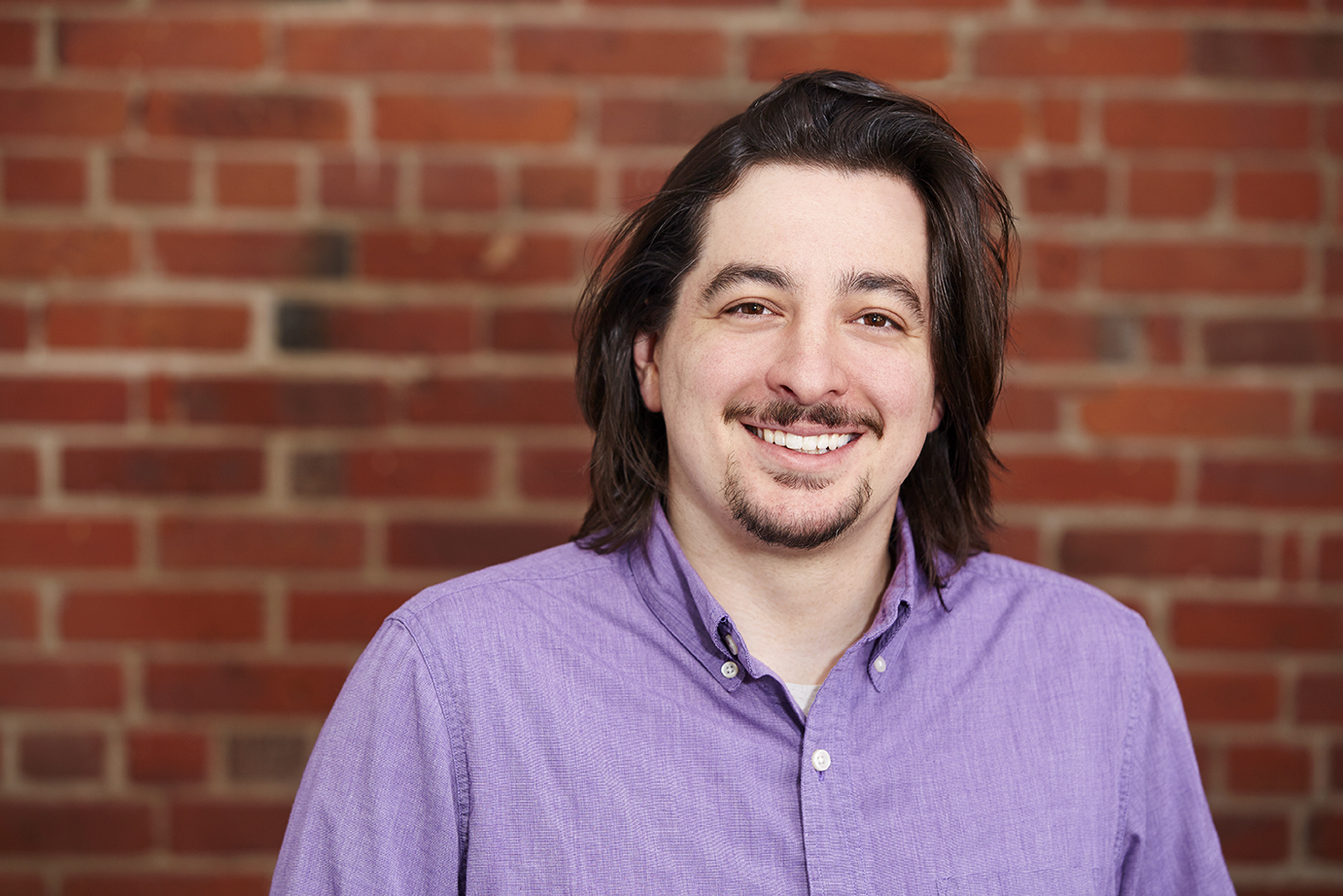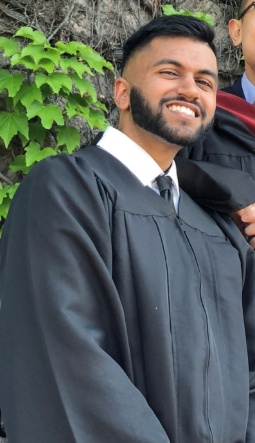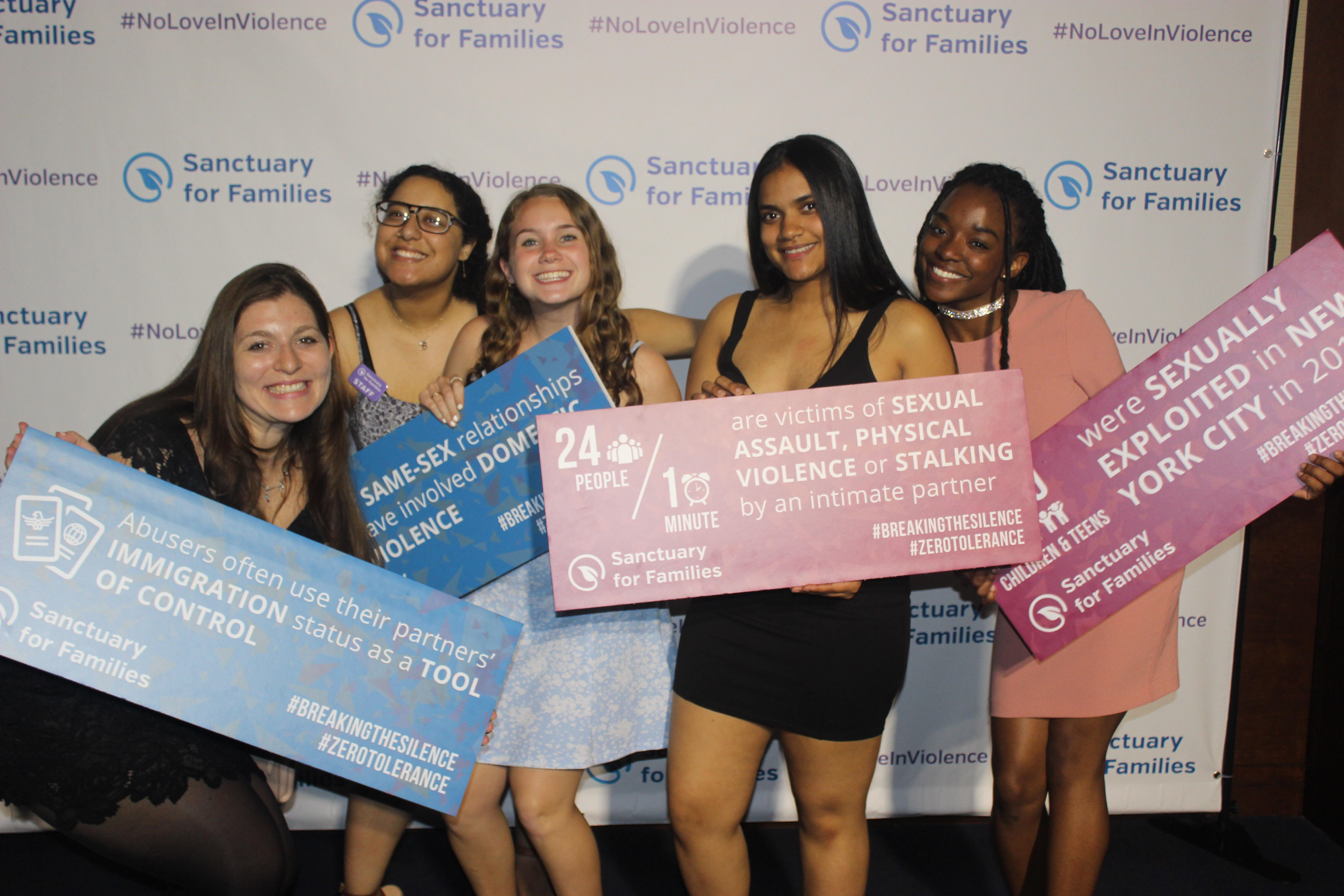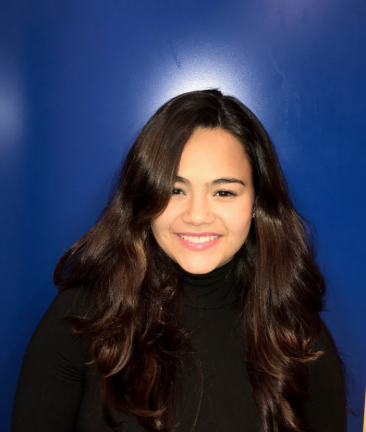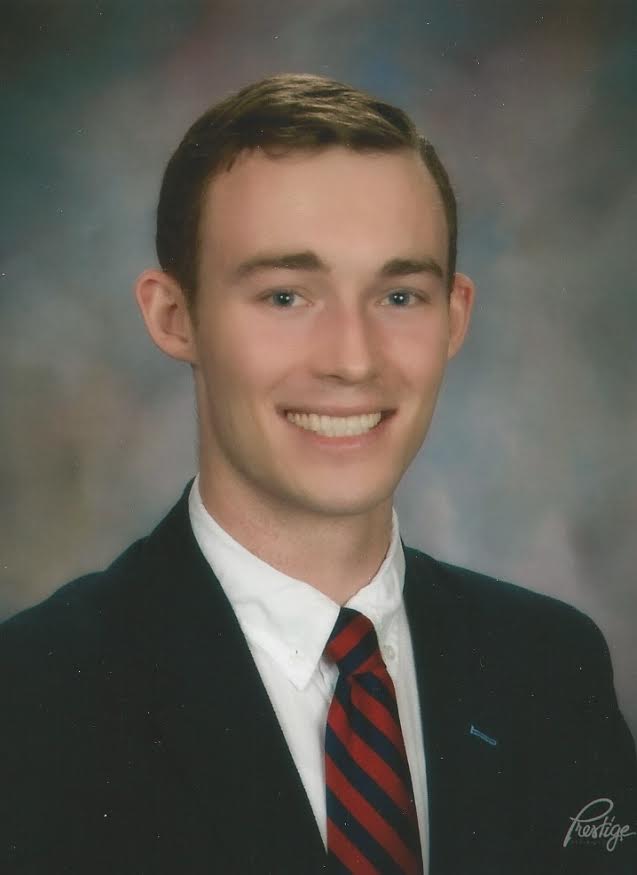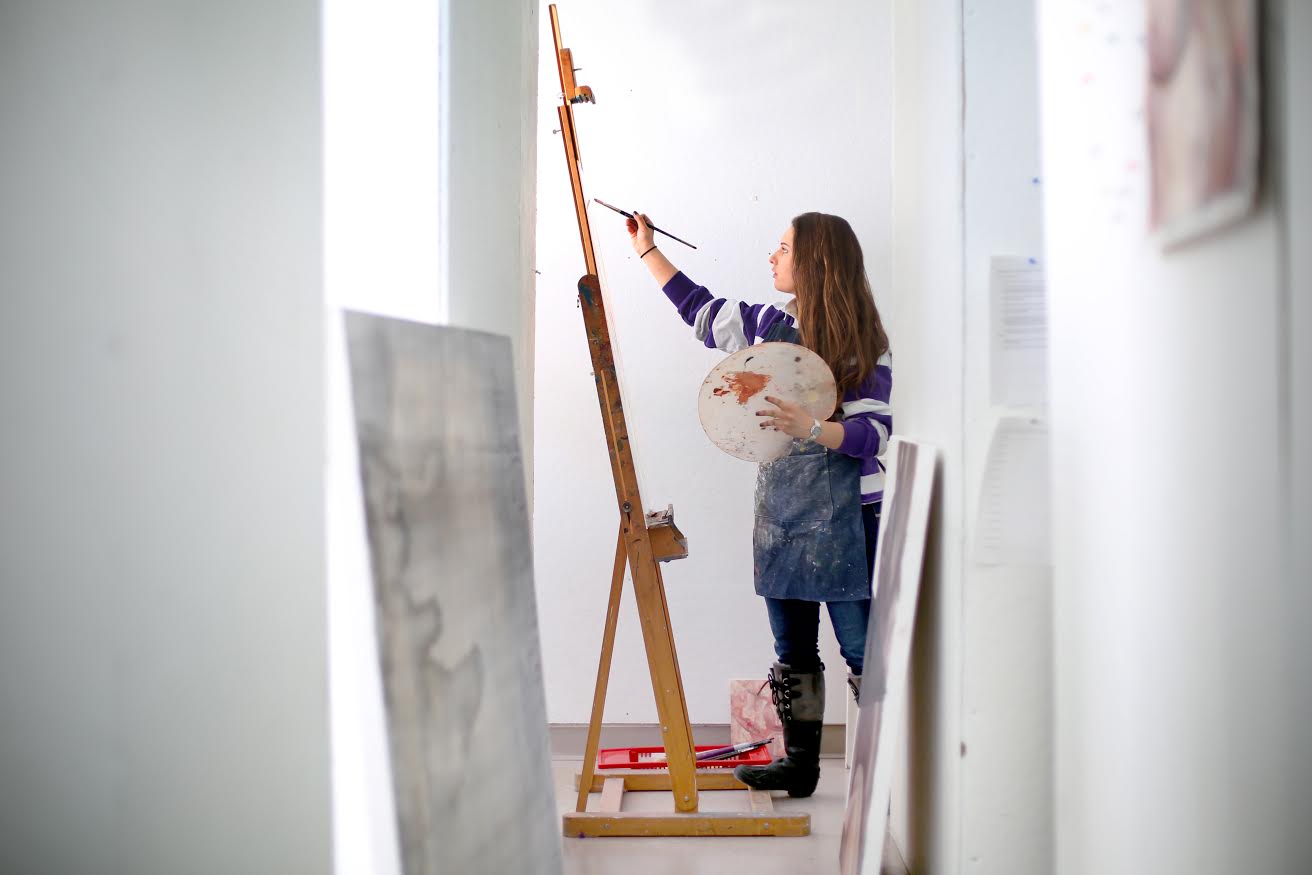
Meet Alumna Lorena Sferlazza ’15, Artist / Educator at Pennsylvania Academy of the Fine Arts (PAFA)
Name: Lorena Sferlazza
Class Year: 2015
Title: Artist, Educator
Organization Name: Pennsylvania Academy of the Fine Arts (PAFA)
Portfolio: www.lorenasferlazza.com, Instagram @lorenasferlazza https://www.instagram.com/lorenasferlazza/
In brief, what does your job entail?
I am a painter, photographer, and reflective thinker completing a Master of Fine Arts in May 2019 and assistant teaching at the Pennsylvania Academy of the Fine Arts (PAFA) in Philadelphia, our nation’s first art school and museum. Prior to PAFA, I worked at Sotheby’s in New York City for two years as a front-of-house financial administrator, facilitating the payment, collection, and shipment of artwork post-auction. On a personal note, I am a plant-based eater, runner, and continue to remotely assist fundraising efforts as a founding member for Kal-Pa-Vriksh “The Giving Tree” 501(c)3 Nonprofit, which benefits education for disadvantaged youth in India and the U.S. (http://www.kal-pa-vriksh.org/).
What planned and unplanned events connected you to your industry and your first employer after Holy Cross? How did you learn/decide it was a good fit for you?
Over the summer after I graduated, a close friend from Holy Cross knew I was looking for work in the auction industry in New York City, because I had interned at an auction house while studying abroad for a year in Florence, Italy. She sent me the initial contact information, and five interviews later, I landed a job at Sotheby’s. I ended up working in two departments during my time there before realizing that the industry would not suit my long term career goals. I needed to get back into creating my own artwork and have meaningful conversations about the significance of art-making in today’s world. That is when I decided to honor my long-held dream of pursuing an MFA, the terminal degree in the Visual Arts required for teaching in higher education, which is ultimately what I’m looking to do. I’m very grateful for my experience at Sotheby’s, and it took a lot of courage for me to leave. Though with a scholarship to the Academy and a gut feeling it was the right decision, I moved to Philly last year for graduate school.
What were you involved in when you were on campus?
I was very involved on campus, in part because I had so many interests and also because I loved the community. Academically, I participated in the College Honors and Pre-Business programs, tutored Italian, and represented C.O.E.S. (Ciocca Office of Entrepreneurial Studies) and the Visual Arts department on their student advisory boards. I also served in HC’s faith-based gatherings as a liturgical coordinator, lector, R.C.I.A. mentor, worship leader for adoration, Taizé, and interfaith prayer, and participated in the many retreats, Spring Break Immersion trips, and freshly baked cookie binges that Campion had to offer. Recreationally, I enjoyed performing with friends at our acoustic 10Spot sets in Hogan, talking to prospective students as a tour guide and outreach coordinator for Admissions, cooking for the Italian department’s annual Pasta Olympics, dancing in the annual Noche Latina and UP 4 THE FIGHT Dance Marathons, and playing pick-up soccer games.
What was your major and how did it affect your career decisions?
My critical study of language at Holy Cross—visual, spoken, and written—serves as the root of my artistic practice. I graduated with a double major in Visual Arts (Studio) and Italian (Linguistics and Literature) from the College Honors Program, through which I completed an interdisciplinary thesis, Addressing the Wound: An Artistic Exploration of Human Pain. Several courses led me to this thesis, including Dr. Christopher Dustin’s Philosophy of Art, Dr. Mathew Schmalz’s Religion and Violence, visiting professor Rev. A. Maria Arul Raja’s Dalits: Theology of the Oppressed, and Prof. Cristi Rinklin’s Senior Studio Concentration Seminar. My research began a persistent inquiry for me on the relevance of art-making in healing after trauma, negotiating the past, recognizing our temporality, and building a sustainable world in the face of crisis. At its core, my understanding of art-making is both a meditative practice and socially engaged tool that provokes our most innate knowledge of who we are, through visceral language that words often fail to express. This purpose both excites and challenges my career as an artist.
What are one or two skills that you developed at Holy Cross that you use in your work?
Thinking critically and interdisciplinarily are the two most impactful skills I developed while at Holy Cross. Being an artist requires you to probe beyond yourself, from most intensely inwards to keenly outwards with an inquisitive mind. Why create the way you do? What is your purpose and relevance to contemporary justice issues? How can your craft improve technically and conceptually to better relay your intended message? In graduate school at PAFA, these are the questions we dissect the most, through our studio work, thesis writing, weekly faculty-student critiques, seminars, visiting artist lectures, teaching assistantship opportunities, and peer discussions over food after hours. These are the questions that I’m excited to continue examining through a teaching career in higher education.
What advice do you have for students on campus today?
Pursue your passions and forge your own path. Participate in activities that fulfill you, not to resume build, but to enrich your mind and friendships along the way. If you have the chance, study abroad. I grew the most during my time away. Be honest with and take care of yourself: you cannot pour from an empty cup. Savor every Cool Beans conversation, late night run around the track, snowstorm lock down and Kimball tray sledding excursion, roommate coffee breaks during all-nighters in the Dinand stacks, and extended office hours with professors who care, because your time on the hill is precious. Be excited for your journey!


